Online STEM Simulations and other interactive resources for science and technology education
Explore our thematic units of free STEM simulations and resources. You’ll find interactive experiments and educational tools of various types and levels of difficulty, ready to use, at no cost to you
We help you learn and teach STEM
STEM education is a challenge
Our online interactive resources are designed to help you learn and teach effectively
Take advantage of them!
STEM Education

STEM education is an innovative educational approach that integrates science, technology, engineering, and mathematics. Its goal is to prepare students for careers related to these fields and to successfully face the social and economic challenges of the 21st century.
STEM Students

STEM students may face various difficulties depending on their level and experience, but some are common: limited understanding of basic concepts, difficulty applying abstract ideas to the real world, lack of critical thinking, low motivation, and little practice.
STEM Teachers

Being a STEM teacher is a significant challenge, as it requires not only highly specialized technical knowledge but also strong pedagogical and communication skills to convey these complex concepts clearly, engagingly, and effectively.
To learn and experiment
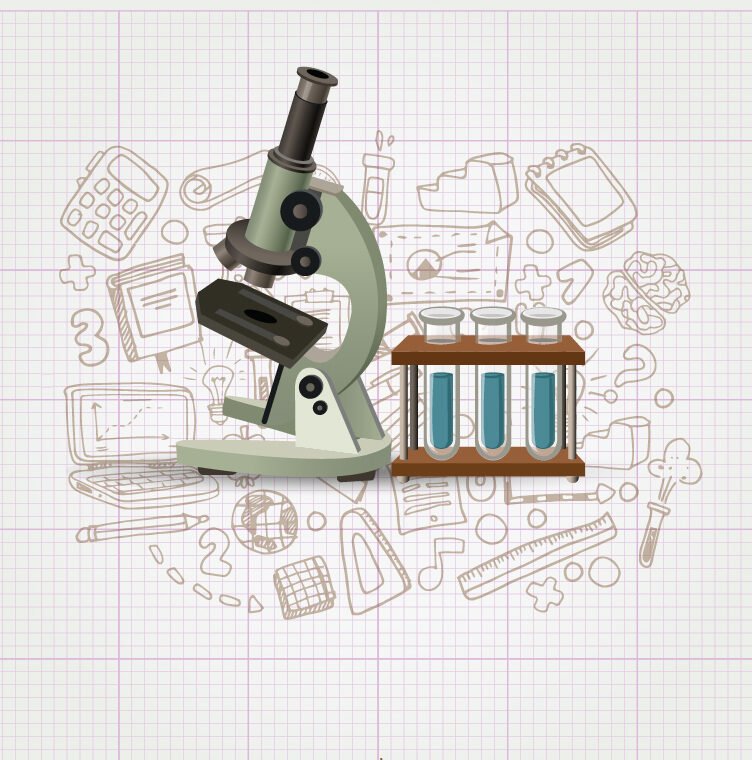
In each thematic unit, we offer science kits and educational tools that connect theory with practice in a fun and effective way

Posters de matemáticas


Fixed and movable pulleys


Línea numérica


Projectile launcher


Reflexión y refracción


Cronómetro digital


Kit sistema solar


Geology Kit


Experimentos de ingeniería mecánica


Pythagorean Theorem


Multímetro digital


Teoría de la Relatividad y Física Cuántica


Kit de reacciones químicas


Proyector estelar


Molecular model


Higrómetro clásico


Volcanes y terremotos


Submarino


Area mazes


Laboratory balance

Giants of science
“If I have seen further, it is by standing on the shoulders of giants”
Isaac Newton

Discover in each thematic unit some of the scientists who have shaped history and made it possible for us to get to where we are today

Rachel Louise Carson
–

Dmitri Ivánovich Mendeleev
–

Blaise Pascal
–

Alan Turing
–

Kurt Gödel
–

Pierre-Simon Laplace
–

John Muir
–

Friedrich Wöhler
–
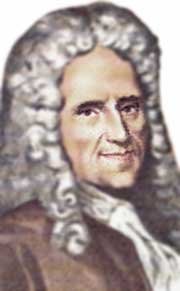
Edme Mariotte
–

René Descartes
–
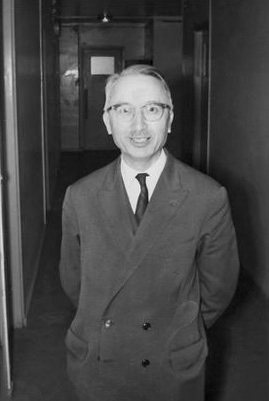
Henri Cartan
–

Peter Higgs
–

Dmitri Skobeltsyn
–

Leonhard Euler
–
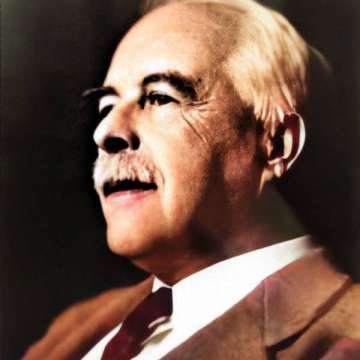
Gilbert Newton Lewis
–
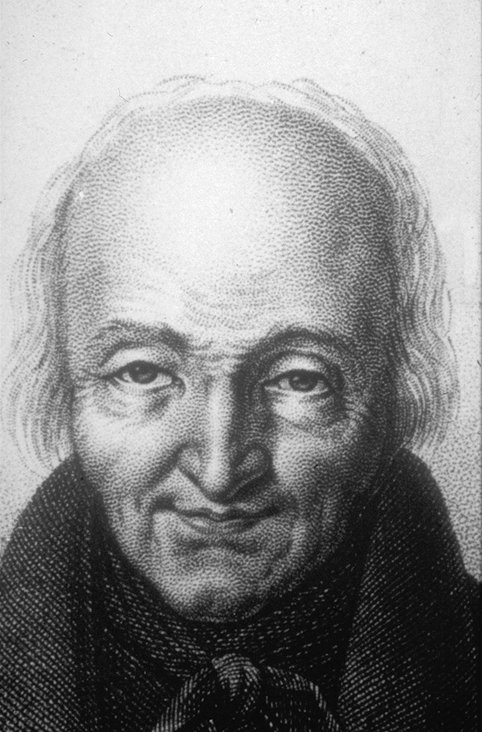
René Just Haüy
–

Nicolaus Copernicus
–

Enrico Fermi
–

Daniel Bernoulli
–

Gaspard-Gustave de Coriolis
–
Become a giant

In each thematic unit, we present a selection of online courses from the best academic institutions
And they are completely free!

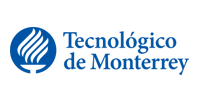
Energías convencionales, limpias y su tecnología


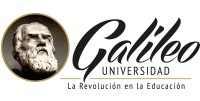
Introducción a los Sistemas de Información Geográfica


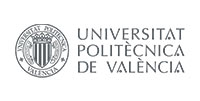
Fundamentos de Oscilaciones y Ondas para Ingeniería

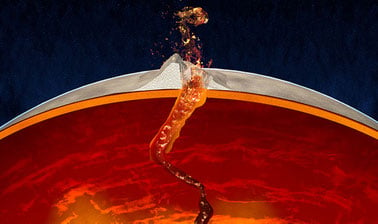

Earthquake Seismology



Mechanics, Part 1



Energy Within Environmental Constraints


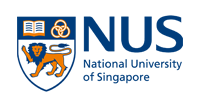
Circuits for Beginners



Precalculus



El profesor del siglo XXI: aprender a enseñar con tecnologías digitales



Sensing Planet Earth – Water and Ice



Cement Chemistry and Sustainable Cementitious Materials



Electricity and Magnetism, Part 1



College Algebra and Problem Solving

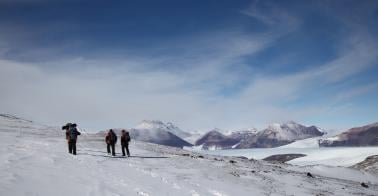

Antarctica: From Geology to Human History



e-moderación para tutores virtuales



Principios del diseño instruccional en línea



Maths Essentials


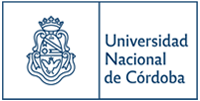
Compostaje Orgánico en Casa

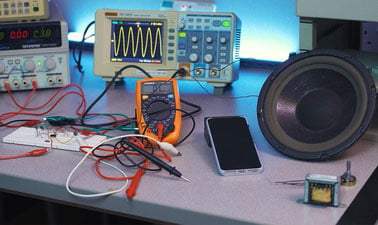

AC and Switching Circuits



Revisión de Aritmética

